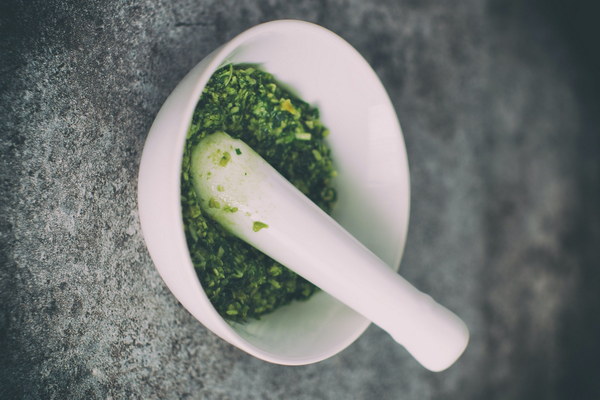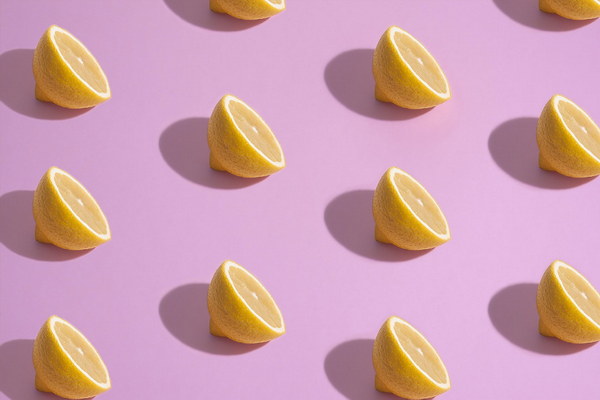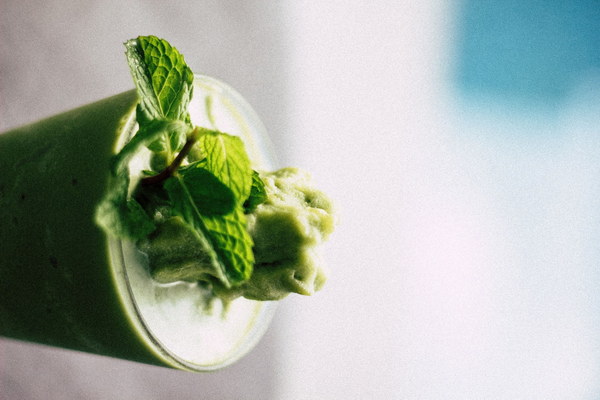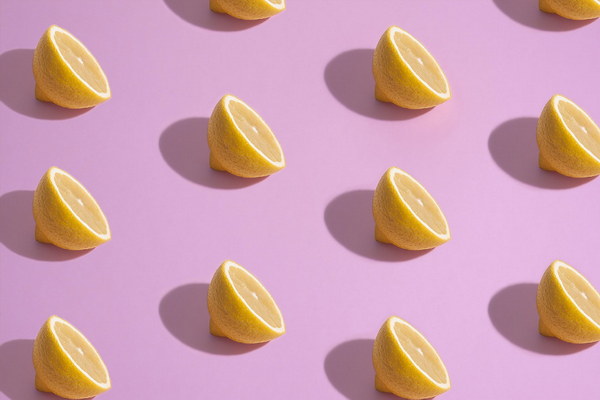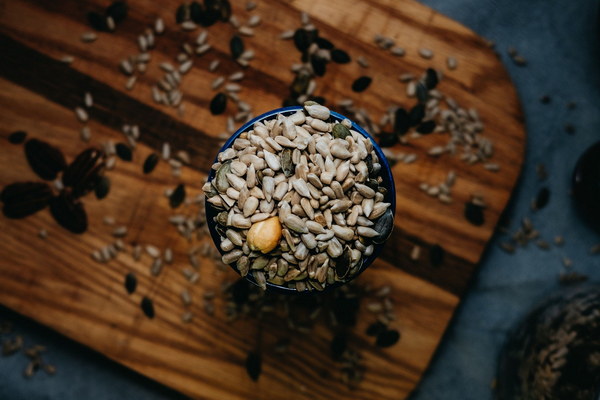A Natural Elixir How Dang Shen and Bai Shao Restore Qi and Blood in Traditional Chinese Medicine
In the realm of Traditional Chinese Medicine (TCM), the combination of Dang Shen and Bai Shao has long been revered for its powerful ability to replenish Qi and Blood. These two herbal remedies have been used for centuries to promote overall health and vitality. In this article, we will explore the significance of Dang Shen and Bai Shao in TCM, their individual properties, and how they work together to enhance well-being.
Dang Shen, also known as Codonopsis pilosula, is a herb native to China, Japan, and Korea. It is widely used in TCM to tonify the Qi, which is considered the vital life force in the human body. Dang Shen is believed to invigorate the body's energy, improve immune function, and enhance overall vitality. Additionally, it is known to boost the production of red blood cells, which are essential for oxygen transport throughout the body.
Bai Shao, or white peony root, is another highly esteemed herb in TCM. Its scientific name is Paeonia lactiflora. Bai Shao is primarily used to nourish the blood and relieve pain. It is known to help with menstrual disorders, anemia, and fatigue. The herb's cooling properties make it effective for reducing inflammation and alleviating symptoms associated with blood-related conditions.
When combined, Dang Shen and Bai Shao create a synergistic effect that strengthens the body's Qi and blood. This powerful duo is often used in formulas to treat a variety of conditions, including:
1. Weakness and fatigue: The combination of Dang Shen and Bai Shao helps to restore the body's energy levels, thereby reducing feelings of weakness and fatigue.

2. Anemia: The herbs work together to increase red blood cell production, leading to improved oxygen transport and a decrease in anemia-related symptoms.
3. Menstrual disorders: Bai Shao's ability to nourish the blood and regulate the menstrual cycle makes it an effective herb for treating conditions such as dysmenorrhea, amenorrhea, and premenstrual syndrome.
4. Insomnia: The tonifying effects of Dang Shen and Bai Shao can help improve sleep quality by promoting relaxation and reducing stress.
5. Digestive issues: The herbs' ability to regulate Qi and blood flow may help alleviate symptoms of indigestion, bloating, and constipation.
The mechanism behind the effectiveness of Dang Shen and Bai Shao lies in their ability to influence various physiological processes in the body. Here are some key points:
1. Improved oxygen transport: By increasing red blood cell production, the herbs enhance the body's ability to transport oxygen, leading to improved energy levels and overall health.
2. Enhanced immune function: Dang Shen has been shown to boost the immune system, making the body more resilient against infections and diseases.
3. Anti-inflammatory effects: Bai Shao's cooling properties help to reduce inflammation, which is beneficial for conditions such as arthritis and menstrual cramps.
4. Stress reduction: The tonifying effects of Dang Shen and Bai Shao can help alleviate stress and anxiety, promoting a sense of calm and relaxation.
In conclusion, the combination of Dang Shen and Bai Shao is a powerful tool in the realm of TCM for replenishing Qi and Blood. These herbs work together to improve energy levels, reduce fatigue, alleviate pain, and enhance overall well-being. While more research is needed to fully understand the mechanisms behind these effects, the evidence from traditional use and modern studies suggests that Dang Shen and Bai Shao are valuable additions to any holistic health regimen.

